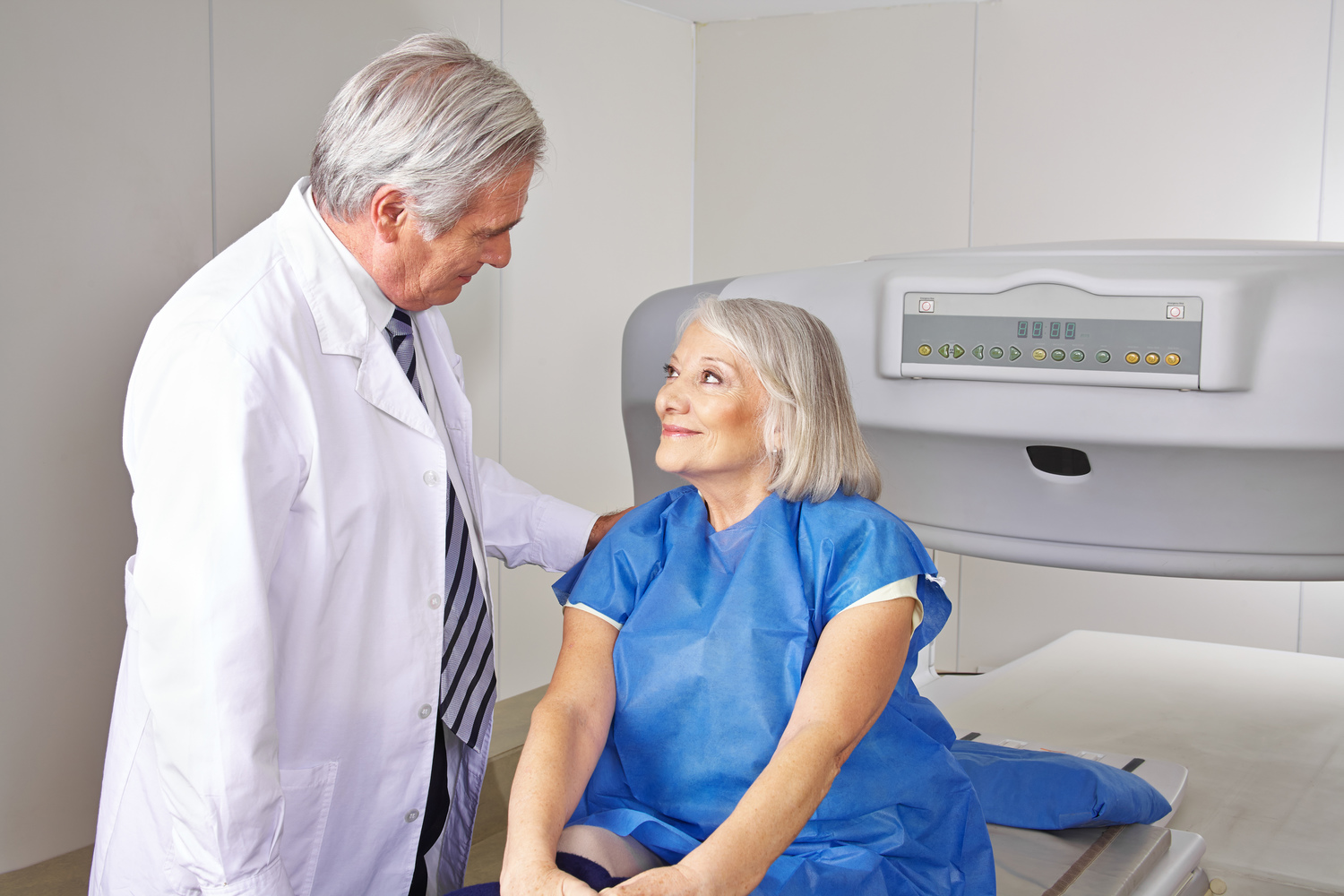8 Frequently Asked Questions About Bone Density Tests
8 frequently asked questions about bone density tests
A bone density test is a screening that helps determine whether a patient is suffering from osteoporosis. Osteoporosis is a disease marked by weak and brittle bones. A bone density test helps warn individuals of serious weakness in the bones and helps in getting it treated before facing the issue of a broken bone.

Let’s take a look at some of the FAQs on bone density tests.
How is a bone density test conducted?
- A bone density test is called a DEXA scan.
- It is a type of X-ray in which a small, portable machine measures the density of the bones in the body. It may even reach the smallest of joints such as those in the hands and feet.
- The entire test takes anywhere between 10 and 30 minutes.
What does a bone density test reveal?
- A bone density test is done for the following reasons:
- It warns of the onset of osteopenia or osteoporosis.
- It predicts a patient’s chances of suffering a fracture or a broken bone due to low bone density.
- It confirms a doctor’s diagnosis of osteoporosis.
- It reveals the progress of ongoing osteoporosis medication.
- In some cases, the DEXA test may also reveal signs that cancer has spread to the bones.
Are there any side-effects of a bone density test?
- There are usually no side-effects of this test.
- However, after the procedure, some patients do experience an upset stomach, difficulty in swallowing, and heartburn.
- In very rare cases, some patients experience additional joint and muscle pain after the procedure.
Who should undergo a bone density test?
A bone density test is recommended in the following cases:
- For men and women above the age of 65.
- For women who have just gone through menopause.
- For a person who has been under a long-term prescription of certain steroids such as prednisone.
- For the patients who have had a fracture post the age of 50.
- For the patients who have lost height of around 4 centimeters or more in the past year; osteoporosis may cause compression fractures in the spine.
- For the patients who have had a bone marrow transplant or an organ transplant, as anti-rejection medications interfere with the bone-building process.
- For patients who suffer hormonal fluctuations.
- For patients who have been suffering from constant back pain.
How often should you go for a bone density test?
- A bone density test is usually advised once every two years.
- For patients undergoing treatment for osteoporosis, the test is recommended annually.
- The doctor can best advice on how often you may need to get the test done.
What is the meaning of T-score?
- Bone density results come as T-scores. A T-score compares the patient’s bone density with the bone density of a 30-year-old individual.
- A T-score of -1.0 and above is considered normal.
- A T-score between -1.0 to -2.5 indicates low bone density or osteopenia.
- A T-score below -2.5 indicates osteoporosis.
- Always get the test results interpreted by a medical professional; never attempt to check them on your own.
Are there any precautions to take before the screening?
- A bone density test is a painless procedure.
- It is recommended that you avoid the intake of any calcium supplements 24 to 48 hours before the test.
- Wear loose and comfortable cotton clothing.
- Remove all metal objects from the pockets and avoid clothes that have zippers and metal buttons.
Are there any tips to keep your bones strong?
- Exercise daily to keep your bones strong. Walking, jogging and lifting weights are some highly recommended forms of exercise.
- Include plenty of Vitamin D in your daily diet.
- Consider taking calcium supplements.











